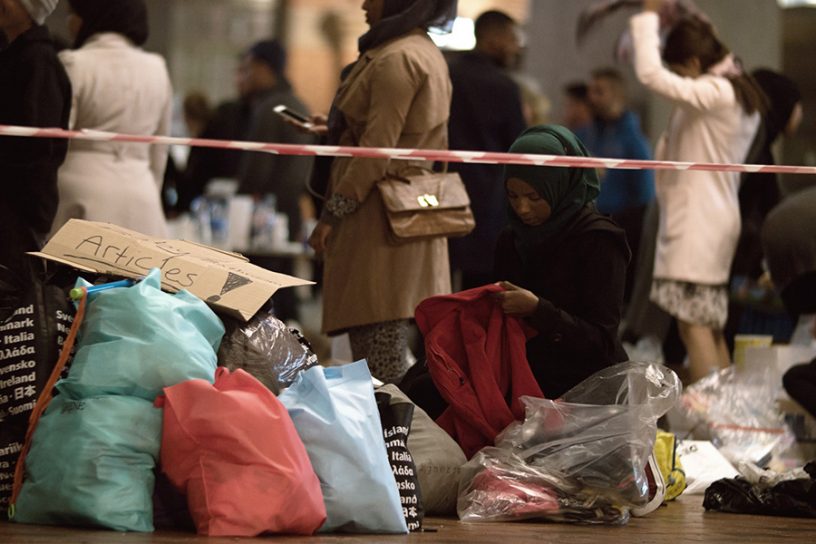
How refugee groups have maintained and adapted cultural activities in India.
Authors
Jessica Field, Adjunct Associate Professor, Jindal School of International Affairs, O.P. Jindal Global University, Sonipat, Haryana, India.
Tenzin Dolma, Doctoral Research Fellow, International Institute for Higher Education Research and Capacity Building, O.P. Jindal Global University, Sonipat, Haryana.
Ali Johar, Co-Founder, Rohingya Human Rights Initiative (ROHRIngya), New Delhi, India.
Summary
This chapter explores how refugee groups have maintained and adapted cultural activities in India, and highlights the significance of those activities for local integration and advocacy.
Looking at the lives of Tibetan and Rohingya refugees in particular, we examine the significance of key cultural and activist practices, such as the organization of settlements and education activities, as well as festivals, sports, and faith rituals. As this chapter shows, such cultural markers and practices are dynamic sources of subjectivity and agency.
They have fostered rich opportunities for refugee–host interactions, and they communicate and embody Tibetan and Rohingya aspirations to return (when it is safe) to their respective home countries, Tibet and Myanmar.
Published in: The Routledge Handbook of Refugees in India. Routledge India, pp. 273-288.
To read the full book chapter, please click here.


